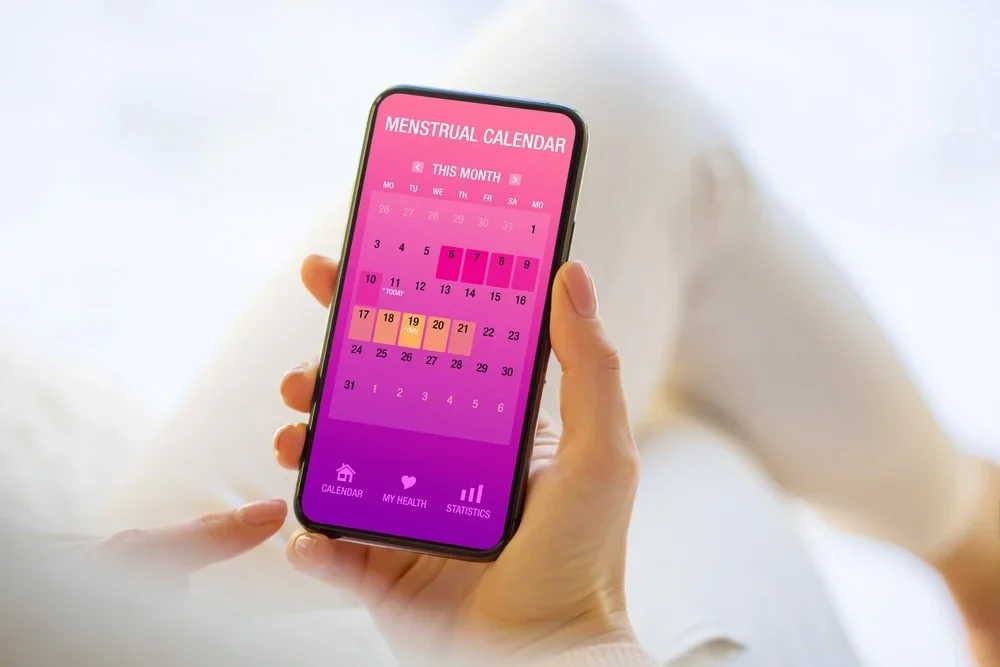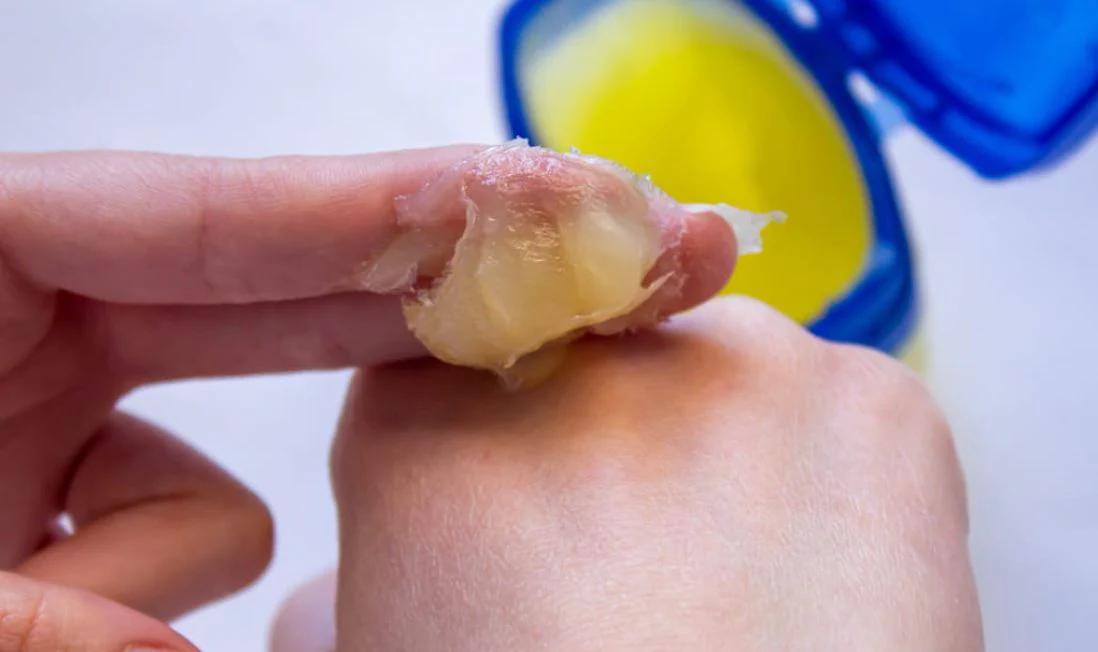FemTech Revolution: From Ida Tin’s Clue to Global Innovation in Women’s Health
What Is FemTech—and How Did It Begin? FemTech, short for female technology, refers to apps, devices, diagnostics, and services built specifically for women’s health—ranging from menstrual and fertility tracking to

What Is FemTech—and How Did It Begin?
FemTech, short for female technology, refers to apps, devices, diagnostics, and services built specifically for women’s health—ranging from menstrual and fertility tracking to menopause care, pelvic wellness, and reproductive diagnostics. The term was coined in 2016, coined by Danish entrepreneur Ida Tin, founder of Clue, to define a technology movement focused on improving women’s lives through data and innovation.
Clue launched in 2013 and rapidly gained millions of users worldwide. Its success pushed healthcare technology to recognize women’s health as a distinct and underfunded priority.
More Than Period Trackers
The modern FemTech landscape is vast — and getting more sophisticated. You’ve got startups like Elvie, building smart breast pumps and pelvic floor trainers that don’t look like medical devices from 1998. There’s Ava, a fertility-tracking wearable using AI to predict ovulation with greater precision than traditional methods. And there are apps like Maven Clinic and Tia, offering virtual women’s health clinics that merge traditional medicine with holistic care.
Even heavyweights are entering the chat. Apple now includes menstrual tracking in its Health app, and major VCs like Sequoia Capital and Andreessen Horowitz are backing FemTech founders — many of whom are women solving problems they themselves experienced.
Skyrocketing Growth of a Transformative Market

From a market valued at around $2.5 billion in 2021, FemTech is projected to soar:
- $41B in 2024, growing to $46.7B in 2025 at a 13.7% CAGR.
- In more bullish forecasts, the industry could reach $97B+ by 2030.
- Key drivers include increasing demand for menstrual tracking, fertility tools, menopause aids, wearables, telehealth, AI analytics, and chronic-care monitoring.
By 2025, women’s health wearables alone could represent a $20B market, while fertility testing apps are expected to climb to around $400M by 2026.
How FemTech Is Enhancing Women’s Lives
- Apps like Clue and Flo—with over 380M downloads and 70M monthly users—help women log symptoms, cycles, contraception, and mood changes.
- Wearable devices like Ava’s fertility bracelet leverage physiological signals to predict ovulation with clinical accuracy.
- Startups like Winx Health are offering telemedicine and at-home testing kits, diagnosing UTIs via remote consultations and providing real-time prescriptions.
Such tools democratize access to prevention, self-awareness, and reproductive care—especially when traditional systems fall short.
Who Benefits—and Who Is Left Behind?
While apps like Clue are free or low-cost, many wearable devices or guided services cost several hundred dollars—pricing out women in low-income communities.
Moreover, lack of smartphone access, digital literacy, or internet connectivity further excludes millions in developing regions.
There are critical equity gaps in FemTech:
- Only ~4% of global healthcare R&D funding goes to women’s health—limiting scientifically validated solutions.
- Many tools rely on data biased toward lighter skin or cisgender women, reducing accuracy across racial, gender, or ethnic groups.
Black Women in FemTech: Breaking Bias and Building Trust
While the broader FemTech industry is often founded by men and geared toward privilege, Black-led startups are reshaping the sector with representation and relevance:
- Health in Her Hue bridges culturally competent care for Black women through trusted provider directories and education.
- Irth App, founded by Kimberly Seals Allers, uses Black maternal care reviews to help other Black women avoid systemic neglect.
- Kimbritive focuses on destigmatizing sex education and wellness workshops, and is developing platforms crafted for Black women’s needs.
- Winx Health provides accessible telemedicine, test kits, and reproductive education—often underserved by mainstream services.
Mixed-gender or male-led femtech startups, including those funded heavily, have historically overshadowed those led by women. Research has shown that female founders receive 23–28% less funding than male peers, highlighting persistent bias even in women-targeted sectors.
Read About: Not Your Daughter’s Femtech: How Smart Wearables Are Redefining Hormone Health and Aging
Key Challenges Holding FemTech Back
Privacy & Security Risks
Studies show 61% of women’s health apps contain OWASP-level vulnerabilities, and many share sensitive reproductive data with third parties without informed consent.
Experts recommend public-health backed platforms, like NHS-led menstrual tracking apps, to ensure data governance and transparency.
Regulatory & Clinical Validation Gaps
Many femtech apps and wearables lack robust clinical trials or medical approvals—even when marketed for reproductive decisions or contraception.
Fragmented Ecosystem & Accessibility Gaps
Many apps operate in silos—disconnected from traditional healthcare systems and electronic health records, limiting their integration in patient care.
Systemic Funding Biases
While overall femtech funding has surged, female founders still face disproportionate barriers. Investment bias against women—even in women-focused industries—persists.
What’s Coming: Trends and Opportunities for the Next Wave
- AI-powered platforms that personalize recommendations using cycle data, symptoms, mental health, and chronic conditions
- Integration into corporate wellness: Companies increasingly adopt femtech for maternity support, period-aware scheduling, and reproductive health programs for employees
- Holistic tools unifying fertility tracking, menopause support, pelvic-floor training, mental health, and autoimmune monitoring.
- Smart, affordable wearables, women-specific tracking for cycles, physical activity, hormonal changes—with price points targeting a broader socioeconomic base.
- Public health–led apps, offering regulated and transparent period tracking services, mitigating misuse of reproductive data.
Why This Matters
FemTech has the power not just to innovate—but to redefine women’s healthcare. When tools are inclusive, culturally sensitive, and clinically validated, they can:
- Empower women with early detection and self-awareness.
- Reduce healthcare disparities through equitable access.
- Create communities built on transparent data, privacy, and trust.
Black women—whether as users or founders—are central to this push. Their leadership and lived experiences challenge the status quo and ground solutions in reality.
FemTech Must Serve Every Woman
FemTech’s success shouldn’t be limited to those who can pay. To fulfill its promise:
- Startups need ethical design, inclusive data, and clinical rigor.
- Transparency in privacy and governance must be non-negotiable.
- Funding must flow equitably—to founders who understand, represent, and serve women of all backgrounds.
This is more than technology. It’s justice. It’s empowerment. And it’s time for every woman to benefit.
By Ravoke News Desk for Ravoke.com








